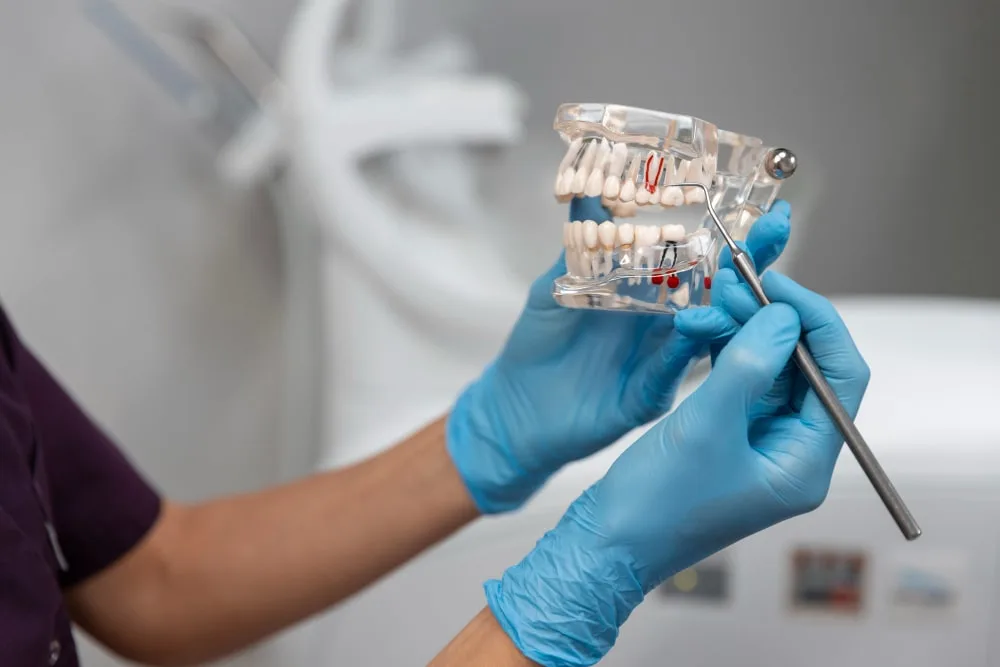Losing a tooth can feel like more than an inconvenience—it can affect chewing, speech, and confidence. Dental implants are the gold standard replacement, but many people hesitate when they start Googling “single tooth implant cost without insurance.” The good news: understanding what drives the price helps you plan and budget, so the number on the invoice won’t be a surprise.
Factors in Single Tooth Implant Cost
An implant isn’t a one-size-fits-all commodity. Think of it as three parts working together:
- The titanium (or zirconia) post that replaces the root.
- The abutment that connects the post to the visible crown.
- The crown is crafted to match your smile.
Materials (zirconia generally costs more than titanium), the need for bone grafting or sinus lifts, the dentist’s experience, implant brand, anesthesia choices, and even regional overhead all influence the final figure. Urban practices with higher rents often charge more than rural offices. If you grind your teeth or have uncontrolled gum disease, extra chair time and follow-ups can also increase the price.
Is It Better to Have Coverage?
Dental insurance may seem like the obvious solution, but even the most basic policies still classify implants as “elective.” They might pay a small percentage, or only for the crown, leaving you responsible for the surgical portion. Some high-tier or employer-sponsored plans contribute more, yet annual maximums (often $1,500) rarely cover the entire dental implant cost for one tooth. A health savings account (HSA) or third-party financing can be more flexible than relying on narrow in-network benefits.
Common Cost for a Single Tooth Implant Without Insurance
Nationwide, in 2025, the cost of a single tooth implant without insurance typically ranges from $3,000 to $6,500, including the post, abutment, and crown. Some offices advertise the post alone for $1,500-$2,000, but remember the crown and biologic components are still ahead, bringing the real-world total closer to $4,000-$5,000 for many patients. Geographic location, imaging fees, and sedation level can push that bracket higher, while practices that bundle services or run new-patient specials may land on the lower end.
Frequently Asked Questions
What factors affect dental implant costs?
Materials, surgeon expertise, 3-D imaging, grafting needs, anesthesia, and location. Custom lab work for the crown is another variable.
How much do dental implants cost?
A single, fully restored implant in the United States averages $3,500-$6,000 in 2025, with complex cases trending higher.
Does dental insurance cover dental implants?
Some premium plans pay 20-50 %, but many treat implants as elective and cover only the crown or nothing at all. Always request a pre-treatment estimate before scheduling surgery.
Conclusion
If you’re weighing the numbers and still have questions, schedule a consultation with Dr. Ellie Javadi at Orchid Periodontics & Dental Implants in Edmonds, WA. Dr. Javadi combines two decades of surgical expertise with transparent pricing, so you’ll know exactly what your personalized plan will cost—no guesswork, just a clear path back to a confident smile.




